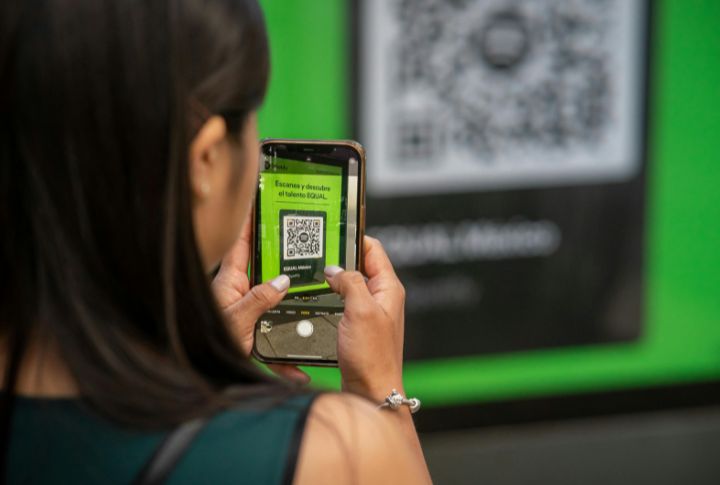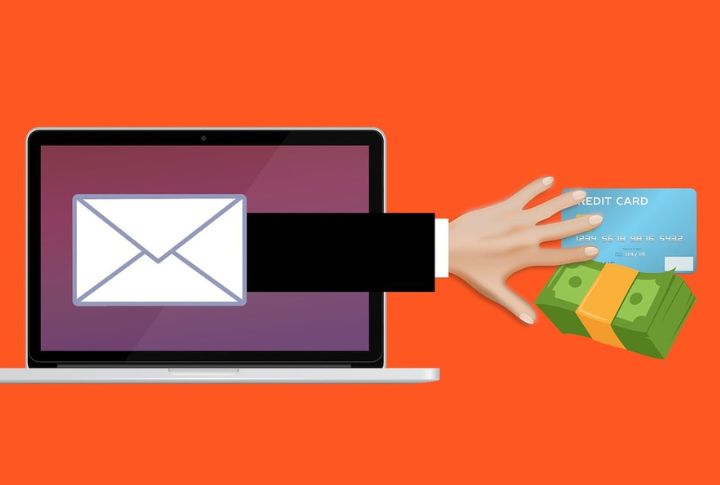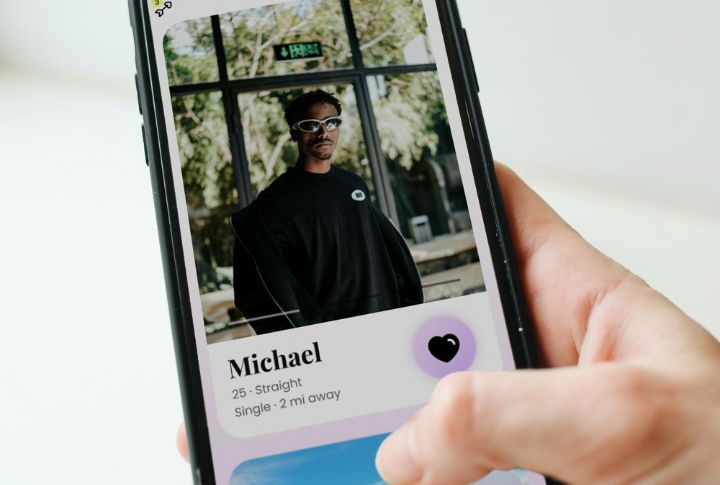
Scammers know exactly how to sneak into your favorite payment apps without raising suspicion. They pop up in chat windows and set up traps that look completely normal. Everything seems legit until your money disappears. These tricks are smooth and easy to fall for, even when you think you’re being careful. Stay alert. Here are 10 app-based scams to watch in 2025.
Fake Customer Support Chats That Steal Login Info

Scammers are creating fake customer support profiles on social media, posing as representatives of payment apps. They contact users directly, usually with fake warnings about account suspensions. Some even use AI-generated voice calls to appear legitimate. Therefore, victims are tricked into sharing OTPs or login details, which exposes their accounts to fraud.
Qr Code Traps That Drain Your Wallet

Before scanning a QR code in public, check for tampering. In several U.S. cities, fraudsters covered real codes with fake ones at restaurants and parking spots. These malicious codes can reroute payments or install spyware. Victims frequently don’t notice until hours later. Many payment apps now prompt users to even preview URLs before making a payment.
“Accidental” Transfers That Come With A Catch

Never send money back without checking the details. Scammers send small payments and claim it was a mistake. They ask for refunds through other platforms and may share fake screenshots. However, once the money lands, scammers vanish faster than your paycheck on payday and block you moments after you realize what happened.
Fake Rental Listings Asking For Upfront App Payments

Be cautious with rental listings asking for deposits via Zelle or Cash App. Stolen photos and AI-generated tours make fake listings look real. After payment, the scammer disappears and the money’s gone. Plus, payments sent through these apps are usually marked as personal transfers with no buyer protection. So, always verify listings before sending money.
Romance Scams That Transition To Payment Apps

Romance scammers frequently pose as soldiers or professionals who travel. When they build emotional trust, they request urgent transfers via Venmo, where funds are difficult to trace. These scams became more common around Valentine’s Day. For this reason, never send money to someone you haven’t met in person, no matter how sincere their story seems.
Phony Giveaways That Demand A “Verification Fee”

Ignore any giveaway that asks for a payment to claim your prize. On TikTok and Instagram, scammers post fake contests that look real, then demand a small fee using Cash App or PayPal. Those fees are never refunded, leaving victims frustrated. Watch for fake branding or impersonated influencers too, as no legitimate contest charges winners upfront.
Subscription Traps That Disguise Recurring Charges

Protecting your money starts with staying alert. In 2025, scammers hid recurring charges behind eBook trials and game add-ons. Many users approved payments thinking it was a one-time fee, only to face auto deductions they couldn’t stop. Stay sharp by reviewing every charge carefully; your awareness is your strongest defense.
Job Offer Scams That Demand App Deposits

If a job ad asks for a deposit via a payment app, step back. It’s a red flag, especially for virtual assistant or delivery roles. The job likely doesn’t exist. Scammers now pose as recruiters on LinkedIn and Telegram. Identity Theft Resource Center confirms job scams surged 118%, leaving applicants both unemployed and scammed.
Phishing Links Disguised As Payment Requests

Before clicking any payment link, pause. Fake links often mimic actual app pages but steal your login info. A small change, such as “cash-app.com” instead of “cash.app,” can be easy to miss. Skip links claiming issues or rewards, and open the app yourself. It’s safer and keeps scammers out of your account.
Scammers Using Ai Voice Clones To Request Money

Fraudsters now use AI to clone the voices of family or friends, requesting money through apps like PayPal. Many spoof real caller IDs to seem credible. Such calls are designed to create urgency and panic. According to Signicat, deepfake fraud attempts rose by 2,137% over the past three years. Always confirm before sending.
